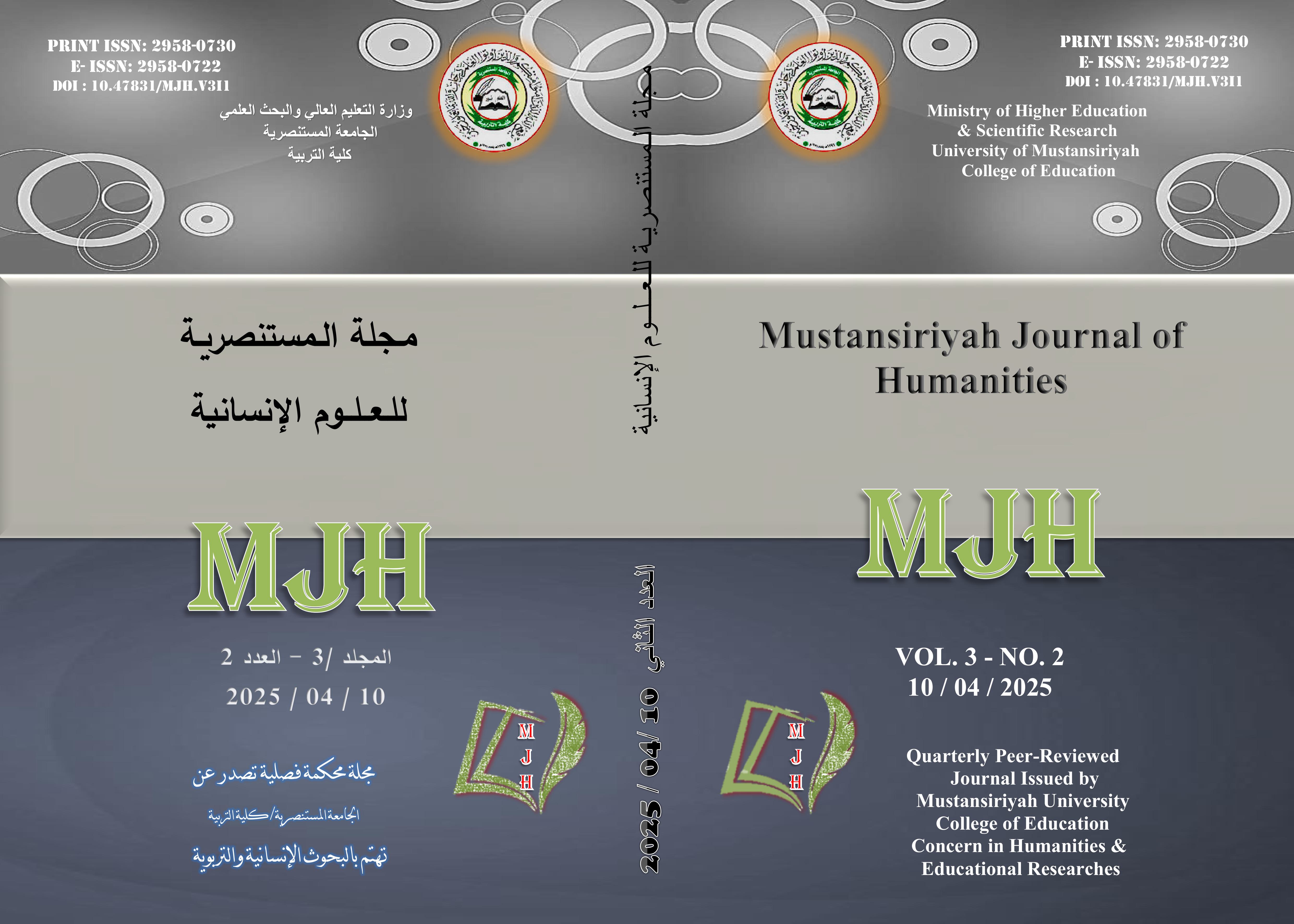The impact of using the selective model in teaching contemporary history on the achievement of history department students
DOI:
https://doi.org/10.47831/mjh.v3i2.730Keywords:
Selective Model, Students of the History Department, Contemporary HistoryAbstract
The current research aims to explore the impact of using a selective model in teaching contemporary history on the academic achievement of students in the History Department. To achieve the objectives of this study, the researcher adopted a quasi-experimental approach by designing a control group. Data collection involved constructing a standardized test for contemporary history and verifying its psychometric properties, including validity and reliability. The experiment was conducted on a sample of 62 students from the History Department, divided equally between the experimental and control groups. The researcher ensured equivalence between the two groups prior to the experiment. After confirming the integrity of both the internal and external validity of the experiment, it was implemented, leading to the following results:
1.There are statistically significant differences between the experimental and control groups, with these differences favoring the group with the higher mean, namely the experimental group.
2.Members of the experimental group outperformed those in the control group in the post-test for contemporary history.





